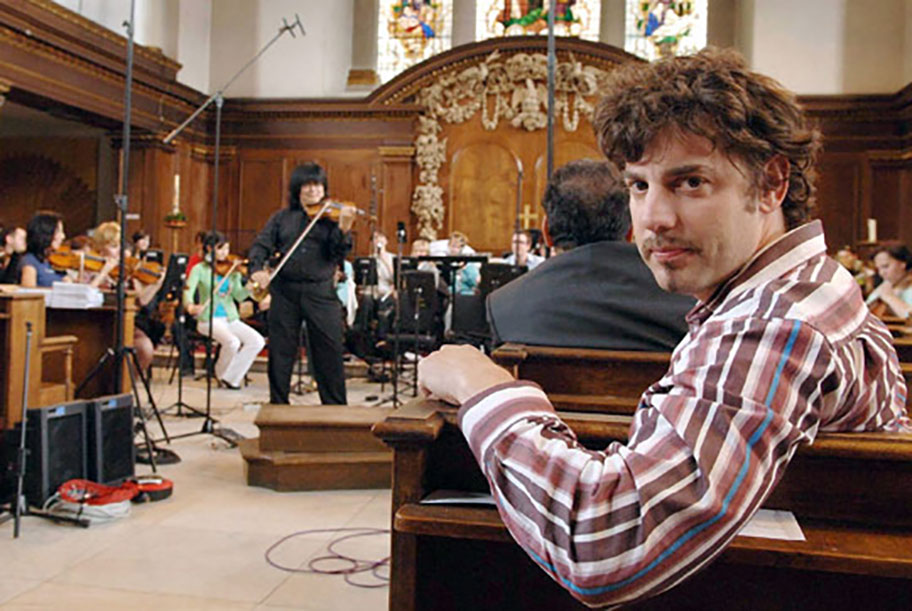Publication: The Telegraph
Article: At last, real Kazakh culture without Borat
By Geoffrey Norris
Date: May 7, 2007

Geoffrey Norris reviews the Turan Alem Kazakhstan Philharmonic Orchestra at St James’s, Piccadilly
Kazakhstan seems to have responded with good-humoured equanimity to the film Borat, in which Sacha Baron Cohen’s antics did not perhaps portray the country in the most favourable light.
ADVERTISING
But as if to redress the balance, this concert brought the Turan Alem Kazakhstan Philharmonic Orchestra for a programme that showed a more cultured side of the Kazakh character.
Given the wave of publicity and controversy that Borat generated, it was astute, not to say broad minded, of the orchestra to include a work by Baron Cohen’s brother, Erran, who also wrote the film’s soundtrack.
Zere is a 20-minute piece of mood music, with the standard orchestra given an added tang by the use of such folk instruments as the domra and kobyz. To say this exotic colouring was the most interesting thing about the piece is perhaps to do it a slight injustice, but the three movements were fairly directionless, and from the point of view of style did not do anything that would have unnerved Vaughan Williams or Rimsky-Korsakov.
The concert’s extended first part was largely given over to a succession of miniatures for orchestra and solo violin, played by Marat Bisengaliev, who is also the Kazakhstan Philharmonic’s conductor. These ranged from Kreisler’s Praeludium and Allegro, through Bazzini’s fiendish La Ronde des Lutins (one of Maxim Vengerov’s favourite encores), and on to such things as Albeniz’s Asturias and the Méditation from Massenet’s Thaïs.
There was an element of the production line in the way all these were performed, one after the other, with slender characterisation and matter-of-fact virtuosity on Bisengaliev’s part, but the orchestra equipped itself well in Rachmaninov’s Vocalise and in a piece of quasi-Hindemith neo-classicism called Boston Winds for Strings by Almas Serkebayev.
The major test was Haydn’s Symphony No 104. Let’s not pretend the Berlin Philharmonic need yet look to its laurels, but there was some good, honest playing here and a potential among these young players that one felt could profitably be tapped by conductors prepared to work hard on interpretation and finesse.
Bisengaliev’s approach was not, frankly, the most searching, and the performance made no concessions to contemporary thinking on historically aware practice, but the ensemble was precise, the sound clear and the rhythms alert. Given time, the orchestra could, as Borat would have said, make benefit glorious nation of Kazakhstan.
